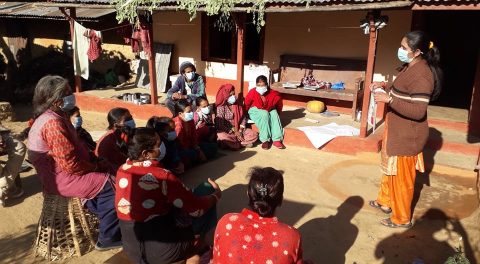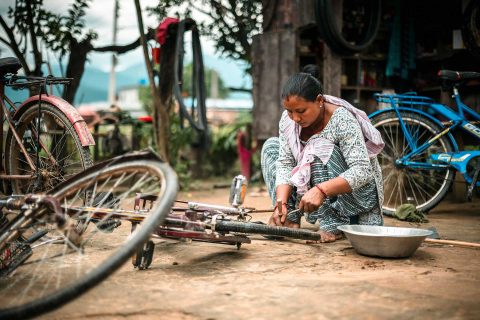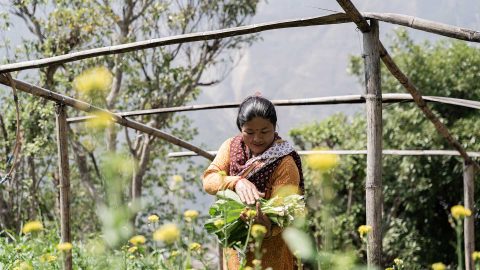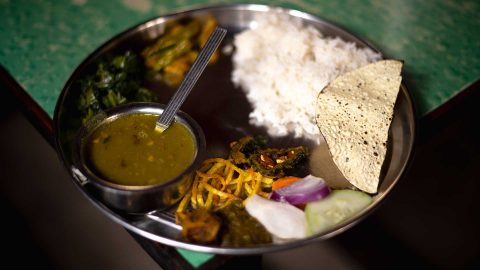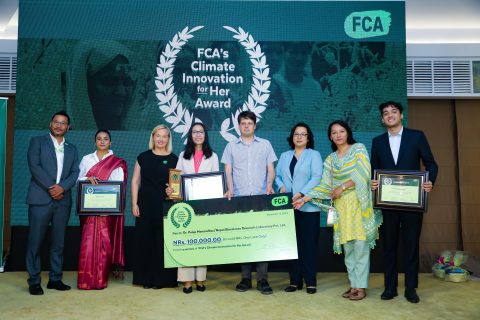Nepal country strategy
and annual report
Nepalcountrystrategyandannualreport
With a commitment to bring about positive development through collaboration, FCA has been supporting work in Nepal since the 1980s and have had an in-country presence since 2013.
CORE COMPONENTS for the FCA’s work in Nepal have always been livelihood and education, both as long-term development projects and disaster response and recovery programs.
In 2020, the FCA country programme was implemented in 12 districts of four provinces, namely: Province 2 (Siraha, Dhanusha and Mahottari Districts), Bagmati (Sindhuli and Lalitpur Districts), Karnali (Jajarkot, Kalikot and Surkhet Districts) and Sudurpaschim (Kailali, Kanchanpur, Baitadi and Dadeldhura Districts) provinces.
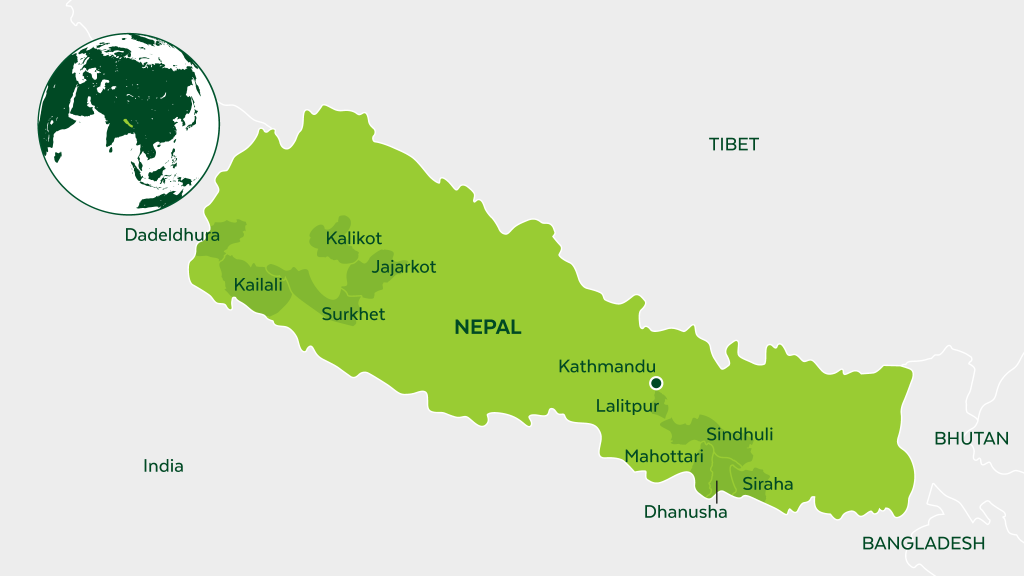
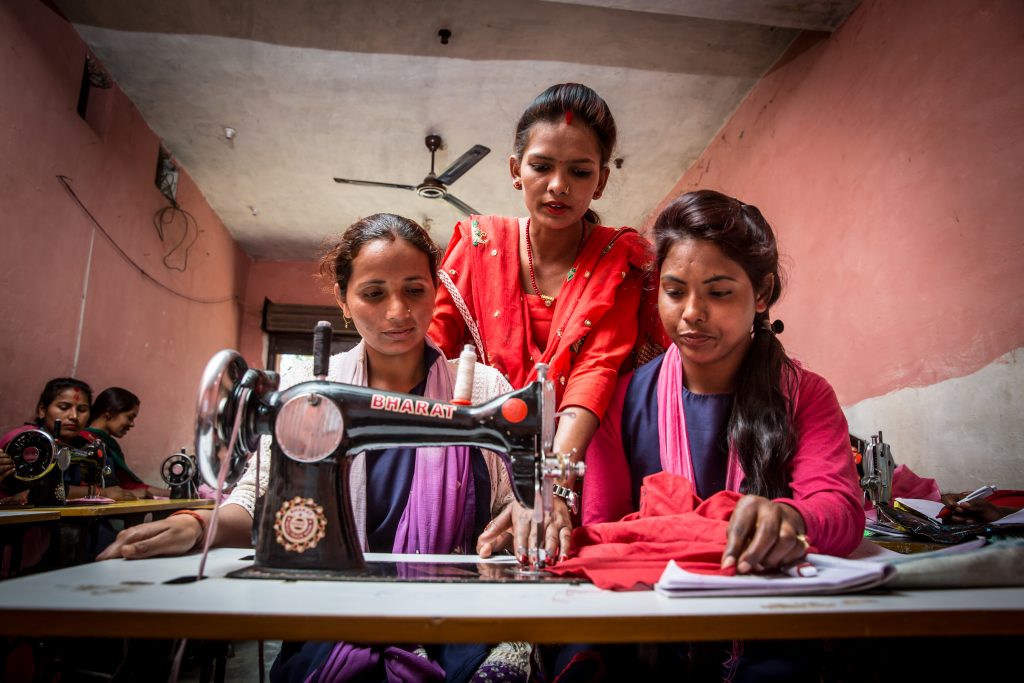
Nepal Country Programme
The long-term change that FCA wants to see in Nepal is
that marginalized women and youth are socioeconomically
empowered and enjoy a decent living.
FCA’s local implementing partners:
- Freed Kamaiya Women Development Forum (FKWDF)
- Integrated Development Society (IDeS)
- Sahakarya Nepal
- Nepal National Dalit Social Welfare Organization (NNDSWO)
- Federation of Woman Entrepreneurs’ Associations of Nepal (FWEAN)
- Society of Local Volunteers’ Effort (SOLVE) Nepal
FCA gives due attention to coordination with all relevant levels of the government for programming and implementation. In 2020 FCA and its partners increased their coordination and collaboration mechanism with the target municipalities/ rural municipalities, and local and provincial governments in the program implementation, capitalizing the government bodies’ skills, knowledge and resources.
Coordination efforts with the local and provincial government through inception meetings, local project advisory committee meetings, regular consultation and government’s joint monitoring visits were key to promote ownership of the project at all concerned stakeholders.
FCA partners submitted project activities and budget plans to the local government in the beginning of each year in order to maintain transparency and to explore possible ways to collaborate. Government officials are invited in all relevant events organised by FCA/partners at all levels.
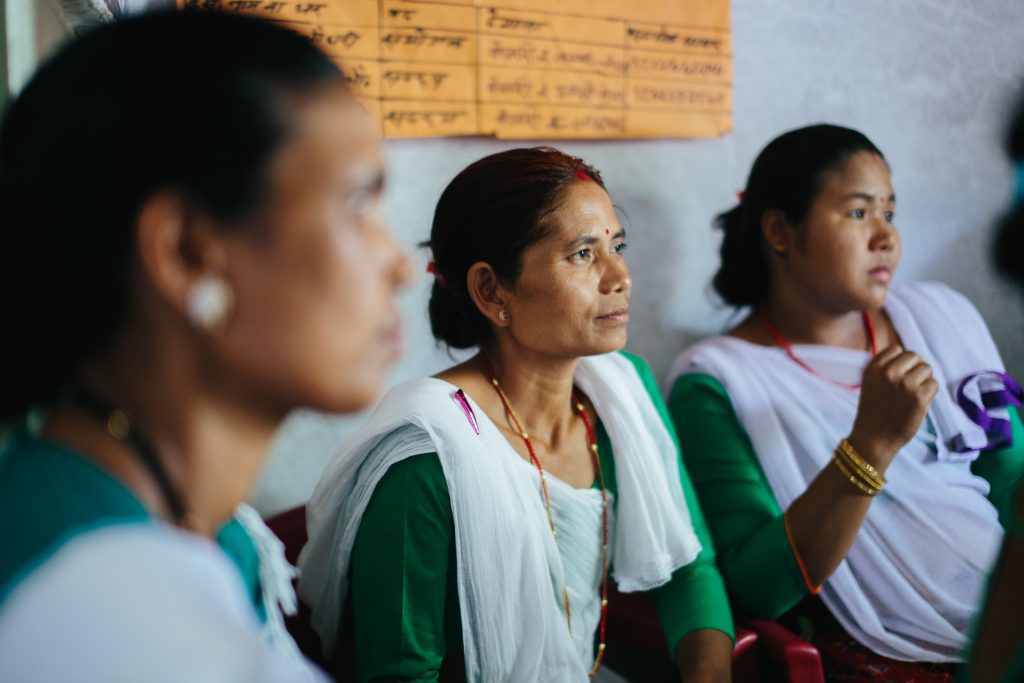
FCA in Nepal
FCA is a member of the ACT Alliance Nepal Forum. FCA served in the role as Convenor of the ACT Alliance Nepal Forum during 2020. FCA has active participation in the UN Clusters: Food Security, Education, Protection sub-cluster on GBV, Inter-Agency Gender Working Group – Gender in Humanitarian Action Task Team (GIHA-TT), Socio-Economic/Early Recovery, Risk Communication and Community Engagement, Cash Coordination Group and Information Management working Group (IMWG)
FCA also has active contribution in the following Working Groups of Association of International Non-government Organisations (AIN): Gender Equality and Social Inclusion (GESI), Livelihood, Task Group on Disaster Management and Climate Change (TGDMCC), Safety and Security, Local Governance and Federalisation, Education, Human Resources, Child Protection, Disability, Information Management, and Provincial Coordination (province 2, 3 and 7). FCA Nepal Country Director is on the Steering Committee of AIN.
FCA actively contributes in forums such as the National DRR Platform facilitated by the Ministry of Home Affairs and the DPNET (Disaster Preparedness Network).
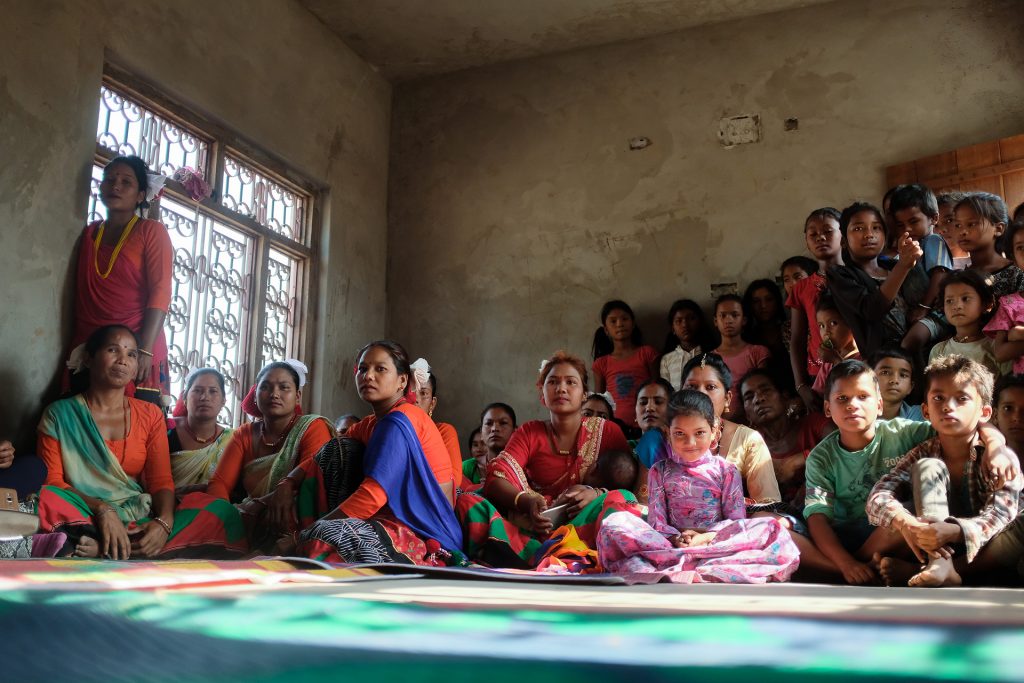
Annual Report 2020
The strict and extensive lockdowns in 2020 led to already marginalized groups in Nepal being pushed further into poverty and hardships. Many lost their main source of livelihood and were not able to gain the income they are dependent on.
The change in sight
Thechangeinsight
- Resilient and sustainable livelihoods for the rightsholders for social and economic empowerment
- Access to quality education by supporting programmes on Education in Emergencies (EiE), Technical and Vocational Education and Training (TVET), Linking Learning to Earning (LL2E), and Education Sector Development
- Social inclusion, participation and non-discrimination through integration of Peace as a theme
- Women’s empowerment and gender equality through focused intervention for women and girls
- Disaster affected people are supported through humanitarian livelihood and Education in Emergencies programs
